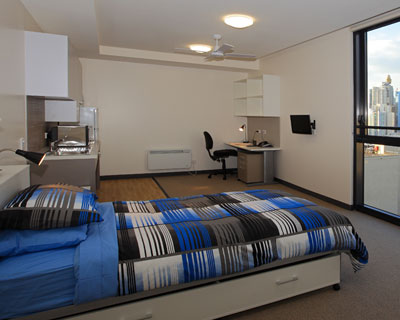Living in Australia
Up-to-date and more detailed information about overseas students studying and living in Australia is available at the following website http://www.studyinaustralia.gov.au. This website is established and maintained by the Australian government.
Australia is a land of contrasts: sweeping golden beaches, coral reefs rich with marine life, tropical rainforests, mountain ranges, vast grazing lands and sparse deserts.
One of the oldest continents, Australia is the only country to occupy an entire continent.
Surrounded by the Indian and Pacific Oceans, Australia has many animals and plants, which are unique on the planet. The surface geology is typically old and flat with a major mountain range stretching down the eastern coast and another mountain range in the north west of the continent.
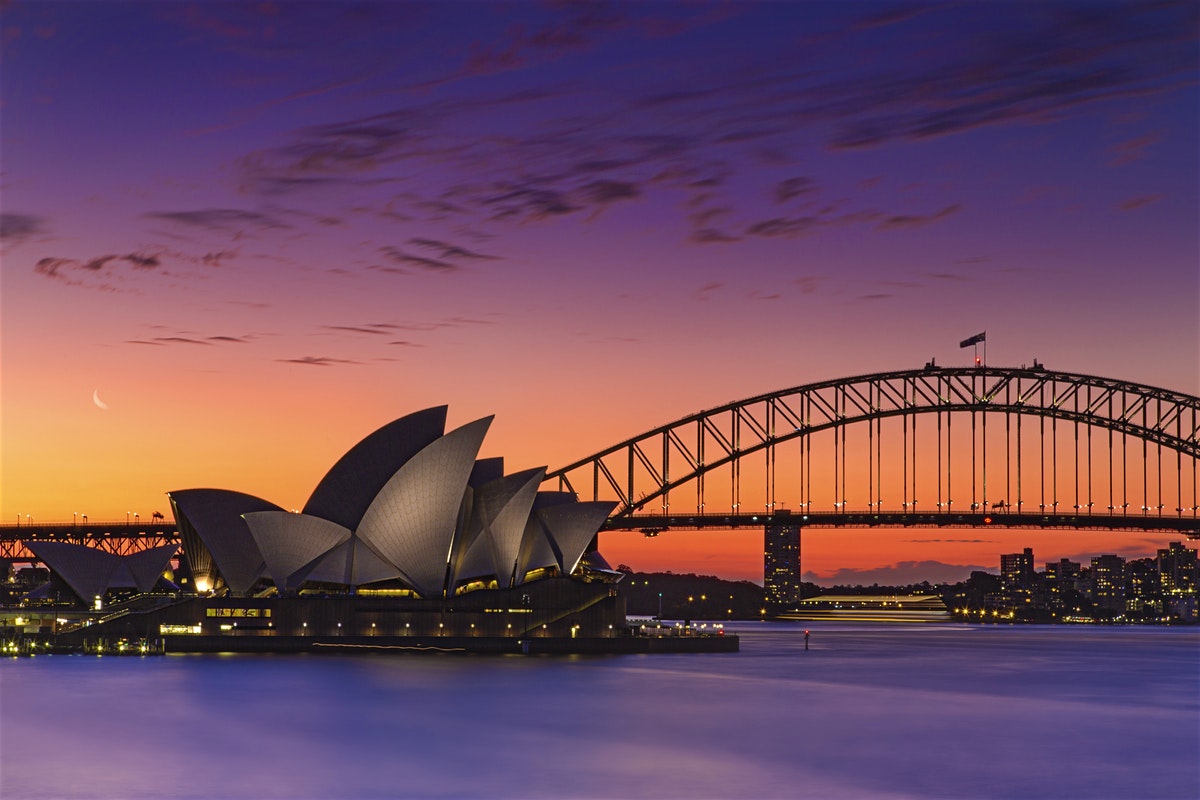
Sydney
Sydney is the largest city in Australia with a population of approximately four million people. Sydney is the capital city of New South Wales. It is a multicultural city with people from different ethnic backgrounds. United Colleges of Australia (UCA) is located in the heart of city. It’s just a short walk from the train station or bus stop.
The Study in Sydney website is a useful source of information. The web site address is http://www.sydneyaustralia.com/en/study-in-sydney.
Climate
Sydney enjoys a temperate climate with four distinct seasons in the year - spring, summer, winter and autumn. Below is a guide to the average daily temperatures.
Spring: September - November 12-22 degrees
Summer: December to February 28-32 degrees
Autumn: March to May 12 - 20 degrees
Winter: June to August 10 - 15 degrees
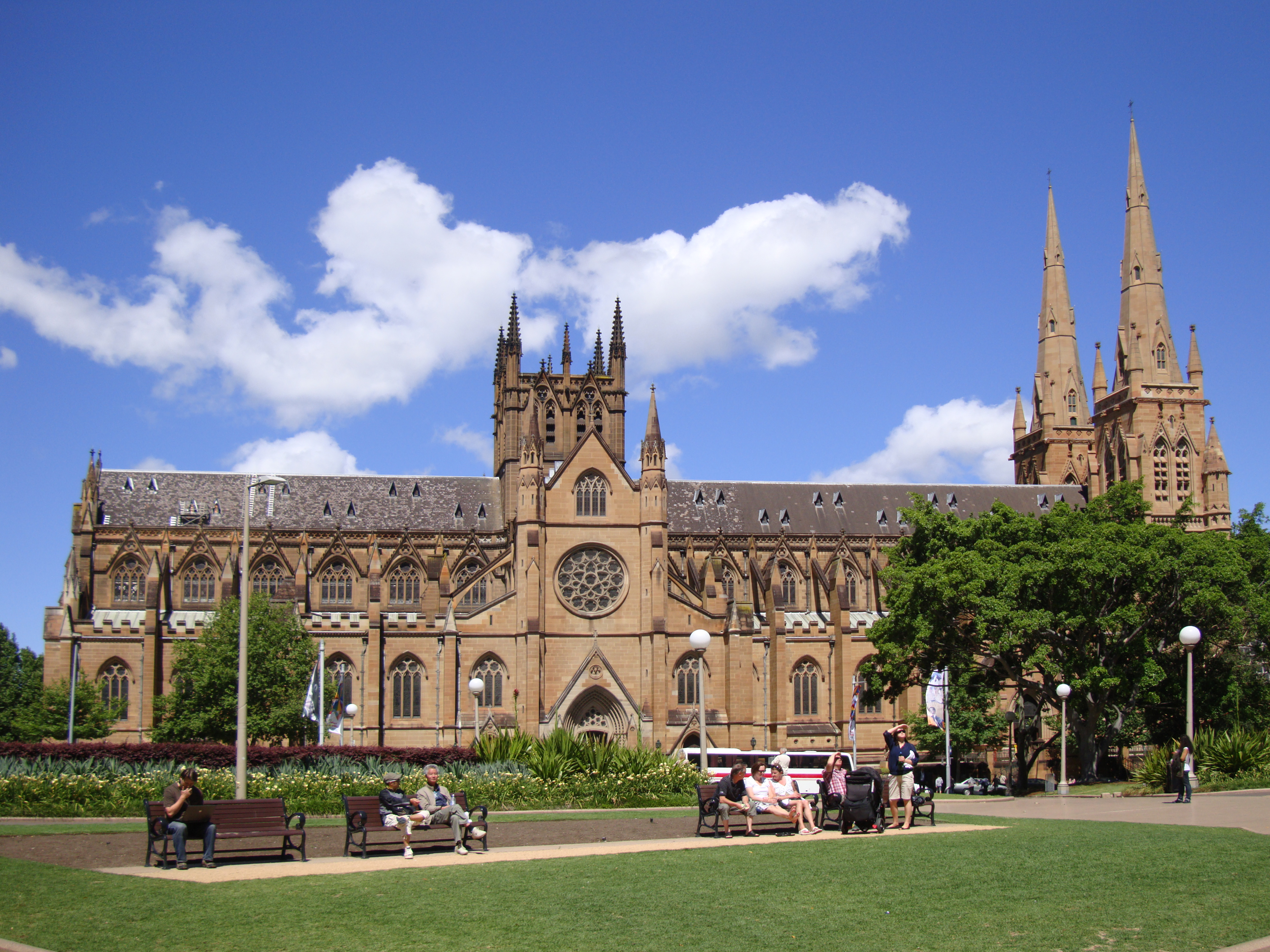
Language
Although English is the official language, a host of other languages are spoken in Australia. As one of the most culturally diverse countries in the world many Australians are naturally fluent in other languages. More than 2.4 million Australians speak a language other than English at home. Within the education and training system about 15 per cent of those of working age studying for an educational qualification have English as a second language. More than 800,000 Australians speak a European Union language, apart from English, in the home. Another 800,000 Australians speak an Asian language in the home.
In Australia not only is there the opportunity to improve your English through specialist study in an English-speaking environment but all sectors of Australian education and training provide tuition in many other languages as well.
English as it is spoken in Australia is very easily understood by nearly all people from other English-speaking nations. While there are some minor differences in accent between the cities and country areas the difference is much less than you will find in America, Britain and Canada where French is also spoken. As you improve your English in Australia you will learn some of our slang, and have much fun explaining the meanings to your friends and relatives at home.
Religion
Australia is predominantly a Christian country however; all religions are represented in our multicultural society. Australians respect the freedom of people to practice their choice of religion. Churches, mosques, temples and synagogues are located in most major cities. Some universities have their own spiritual groups on campus.
Health care
Australia has a very good health care system. All Australians pay a Medicare levy (additional tax) to fund the public health system and ensure everyone gets access to public system doctors, hospitals and other health care services. People who pay extra into a private health insurance fund receive certain privileges when they use private health care services. International students studying in Australia are required to have Overseas Student Health Cover (OSHC) for the duration of their student visa.
Food
Australia has a fantastic variety of food. Our top quality meat, fish, fruits and vegetables are exported to markets all around the globe. There is a large range of fruit and vegetables available at Australian produce markets. You should have no difficulty in finding the foods that you are used to at home.
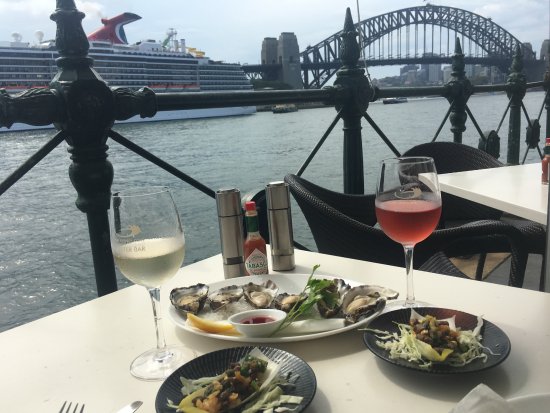
Transport
With one of the highest standards of living in the world, Australia offers modern transport systems. Australia has an extensive public transport system that includes trains, buses, tramways, ferries, two major national airlines and a number of regional airlines. Metropolitan areas are divided into zones and your ticket type and cost depends on which zone you are going to travel in and for how long. Tickets can be bought at train stations, on buses and trams and at newsagencies.
Tourist students may drive in Australia on a valid overseas drivers licence but if the document is not in the English language the visitor must carry a translation with the permit. An international driving licence is not sufficient by itself.
Metered taxicabs operate in all major cities and towns. You will find taxi ranks at transport terminals, main hotels or shopping centres or you can hail taxis in the street. A light and sign on the roof indicates if a cab is vacant. There is a minimum charge on hiring and then a charge per kilometre travelled. Taxi drivers do not have to be tipped.
Students may apply for an Opal Card for bus,train and ferry services via https://www.opal.com.au/ or just simply buy on from news agency, train stations or supermarkets.
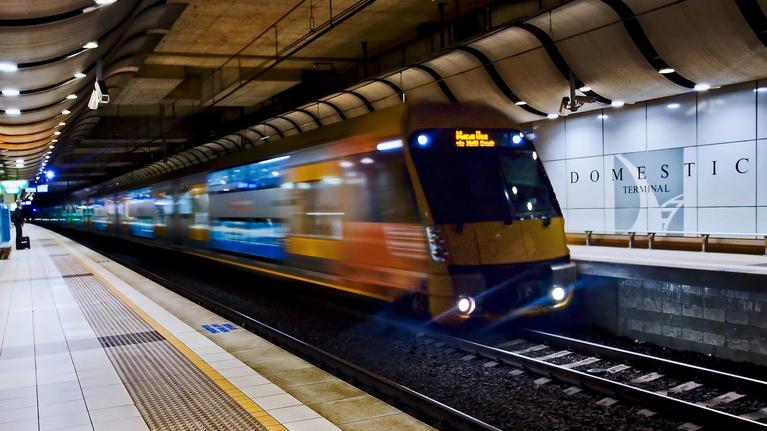
Indicative costs of living in Australia
The Department of Home Affairs has financial requirements you must meet in order to receive a student visa for Australia. As of January 2023, the twelve (12) months estimated living costs are as follows:
• For students or guardians - AUD$30,000
• For partners coming with you - AUD$7,362
• For a child coming with you - AUD$3,152
The Insider Guides 'Cost of Living Calculator' is also a useful, practical tool to help estimate your cost of living in Australia www.insiderguides.com.au/cost-of-living-calculator/.
Please refer to the https://www.studyaustralia.gov.au/english/live/living-costs for more details.
Accommodation and living options
The following types of accommodation are available for international students along with its estimated ranges:
• Hotels and guesthouse - $200 to $400 per week
• Shared rentals - $150 to $300 per week
• On campus - $150 to $350 per week
• Homestay - $235 to $325 per week
• Rental - $185 to $440 per week
• Boarding schools - $14,000 to $25,000 per year
Our college does not provide accommodation directly to prospective students, but we do support our overseas students in regard to their accommodation. If you need information and support for accommodation in Sydney, please contact our staff members or give us a call at least 21 days before you arrive in Australia. For detailed information about the various types of accommodation and legal obligations and rights for renting in each state and territory, please visit https://www.studyinaustralia.gov.au/English/Live-in-Australia/Accommodation
